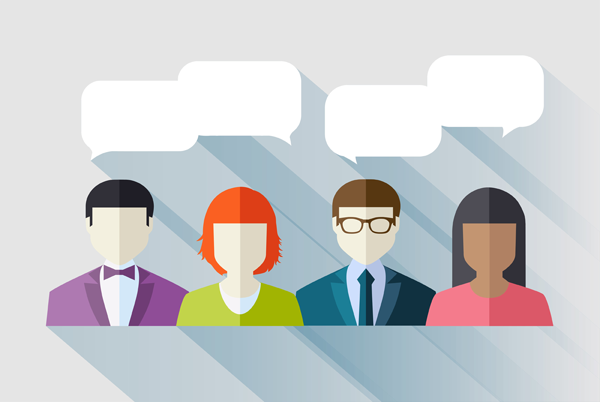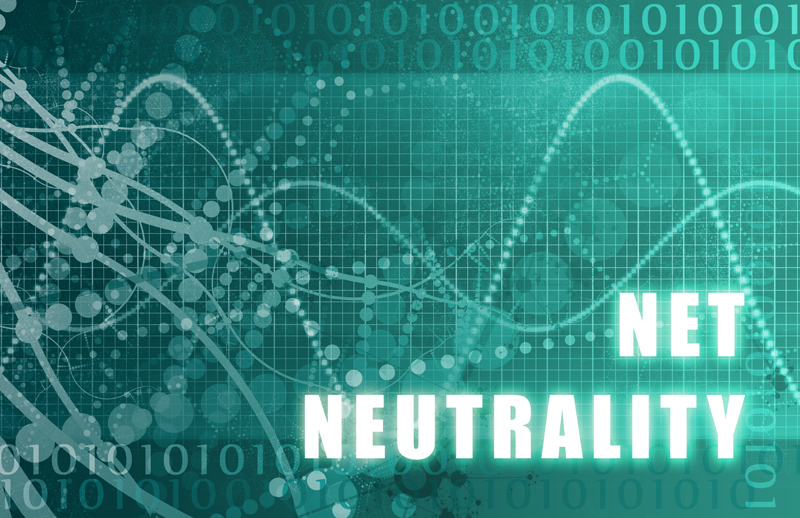
Experts Reveal Top Concerns About the Future of the Web
The internet is a self-conscious world that seems to develop on its own. Though most of the Internet users take the web for granted, there are those who seriously contemplate its future.
Content-sharing and information availability today seem as god-given rights, but many things may change in the course of ten years if the content creation continues to rise at such a rapid pace.
While providing all sorts of content readily available for anyone in the world, the internet is also a source of privacy risks and fraudulent attacks, which make things much less bright. Online security and privacy have thus been much discussed topics (both in the web world and here on our blog), and their future is reasonably a concern that no one can afford to ignore.
The future of the web was the topic of a recent study by PewResearch Internet Project, which looked into Internet experts’ concerns about the face of the web by 2025. The research showed that internet users are increasingly worried about the openness of the web, which may at some point cease to exist, at least in the form we currently know.
Let’s have a look at four major concerns survey respondents expressed.
1. Web Blocking
Though most of the Internet experts who participated in the survey believe nothing about the Internet would significantly change in the following 10 years, certain level of concern is always present. This is primarily related to the increased regulations of the web content by federal agencies, which is the case with few countries currently, but which may be spread around the globe in the following years.
Web-blocking and surveillance are certainly big issues in the US, especially after the Snowden affair. Whereas most other governments have different regulations with respect to web content, some of them seem to be ready to follow the lead of the US. As announced earlier this year, Australian government may be the next one to introduce a web-blocking system to fight online piracy, child pornography and other cybercriminal activities. Russia has also suggested the law according to which all users’ personal data should be stored locally in order to prevent data leaking outside the national borders.
The biggest targets of web-blocking policies are naturally free file-sharing networks where copyright infringement flourishes, but that are still the favorite portals among the users.
2. Cyber-surveillance
In the aftermath of Edward Snowden’s revelations about government and corporate surveillance activities, the survey respondents predict a loss of trust in the privacy on the web. Some even predict increased surveillance that would be caused by the inability of local, national and international laws to come up with consistent privacy laws.
Kate Crawford, a professor and research scientists pointed out, “The increased Balkanisation of the Internet is a possible outcome of the Snowden revelations, as people seek to develop systems that are less accessible by the NSA/GCHQ, etc. Meanwhile, the dominant content companies may seek ever more rigorous ways to prevent the flow of copyright content within and across borders.”

Optimists, on the other hand, believe that there will be more attempts at identifying privacy problems and protecting users, without necessarily affecting the essential openness of the web.
3. Loss of Net Neutrality due to Monetisation
The increased monetisation of everything related to the Internet, especially information flow, might in future substantially change the way people access necessary information. This is particularly associated with the idea of Net Neutrality that suggests that service providers should not prioritise a certain type of content or traffic over another. Even though this idea seems more abstract now after the federal appeals court in Washington struck down the FCC’s previous regulations of broadband access in the US, there are still fears about the potential loss of the openness the web generally stands for.

Another important question regarding this discussion is the extent to which the world’s territories outside the US might be affected by the loss of Net Neutrality. We’ve already discussed the implications of the fight for Net Neutrality for Australia, where there seem to be no greater worries about this issue.
4 Information Overload
The Internet is a type of media similar to TV, newspapers and radio, and as such is bound to become commercial. Even though it is a global and open network, some (justifiably) suggest that the Internet may become biased the way traditional media did. Namely, as more and more content is generated on the web and as users keep struggling to find the necessary information, the systems used to filter content may change, especially since most companies providing this service do get financial incentives for presenting the content the particular way.
In addition to this, content filtering may only become more challenging, considering the proliferation of new types of devices and platforms. Altimeter Group’s analyst Susan Etliger suggests, “With regard to content, the biggest technical challenge will continue to be filter failure; algorithms today just cannot keep up with the number and type of signals that provisionally predict what a person will want at a certain point in time.”
For some, however, a likelier outcome is that the search will only become more refined and that there will be more sophisticated engines and algorithms that would help users find the information quickly.
Wrap-up
In conclusion, it might be said that the expectations by the Internet experts are optimistic rather than pessimistic. Although there are currently plenty of challenges information delivery and search systems need to face, the general belief is that the web will be able to resist majority of regulations and manipulations it is bound to face.
After all, it’s only reasonable to believe that with the advent of technologies there will be more sophisticated tools for internet users to access and share valuable content. However, this will only be possible if they are able to identify potential problems and fight them on time, just as is the case with the fight for Net Neutrality that demonstrated a great awareness of potential consequences for the future of the web.
Marcus Cake, a WisdomNetwork strategist has nicely put this:
“There will be continued resistance from the status quo people and organizations that have derived power and profit from centralised structures. The people in influential positions may be unwilling to innovate, unable to recognise the possibilities or unwilling to relinquish positions of influence. History suggests that collapse, crisis, or revolution is required before change.”
